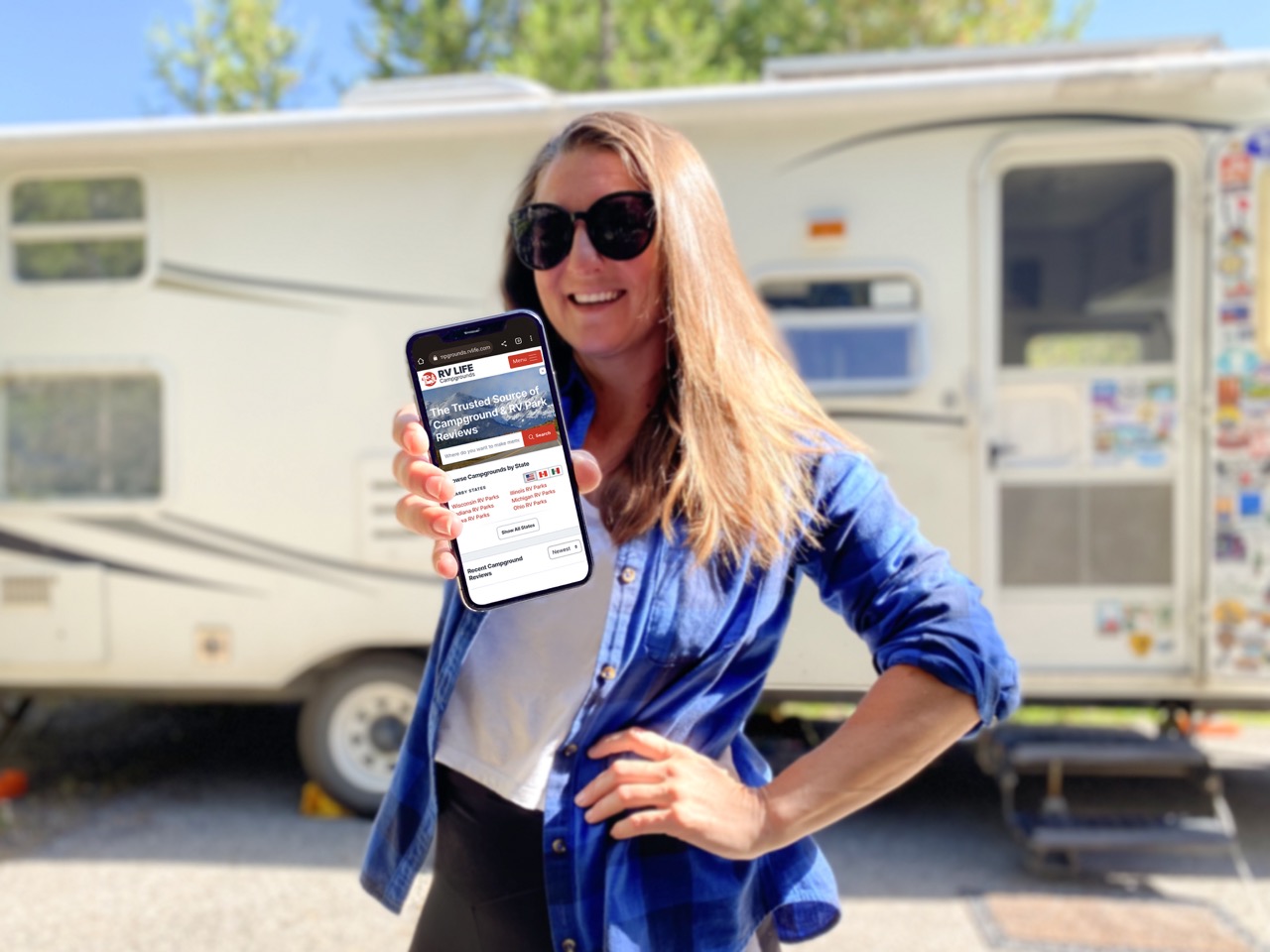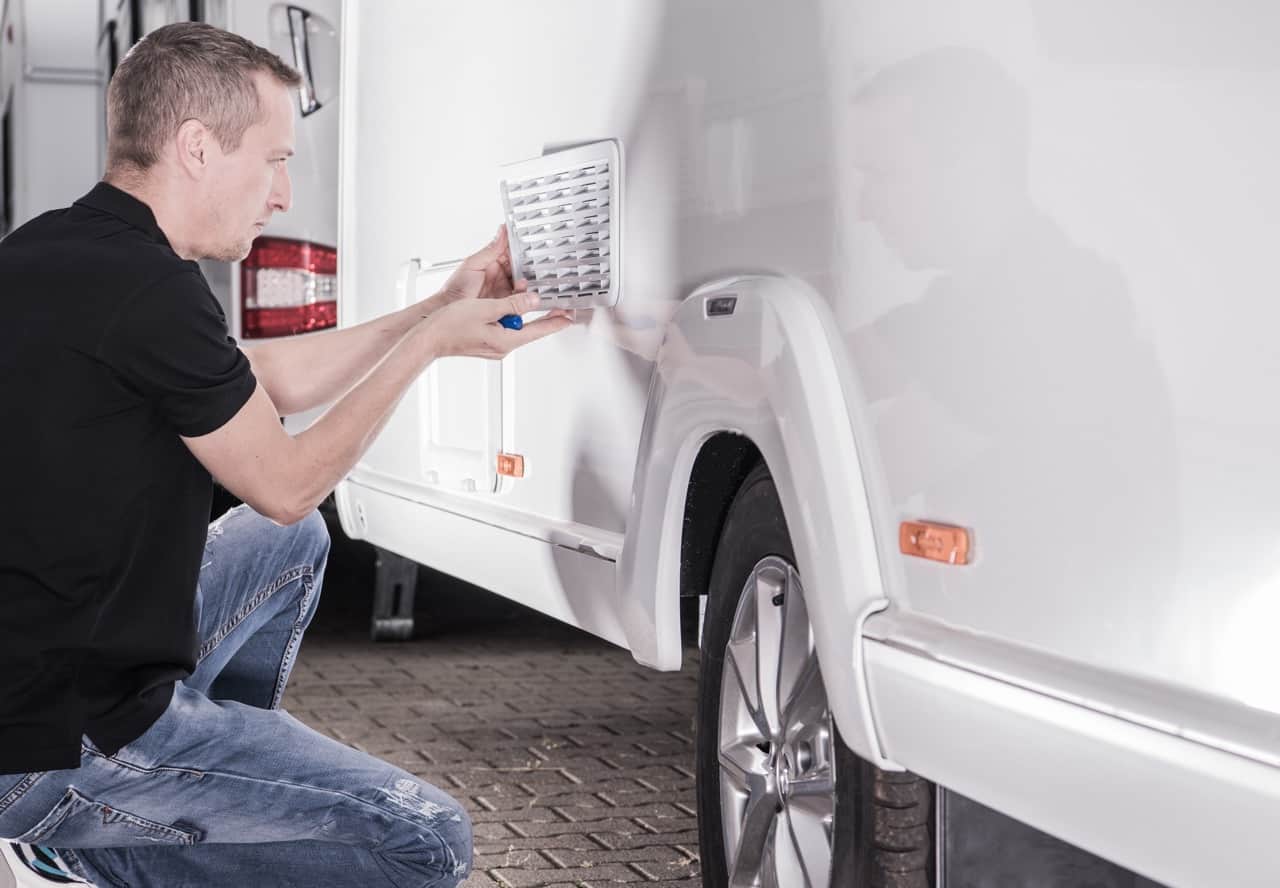What Are The Best Alternative Heat Sources For RVs?
Winter is here and it’s a cold one! Those who are staying in RVs need to find ways to conserve heat and stay nice and toasty once the temperature drops.
Although most RVs are equipped with heating and A/C systems, these can drain power if they’re constantly left on. That’s why it’s important to consider some alternative heat sources.
You may need to keep your propane heating on to prevent pipes from freezing, but there are different levels of energy that you can use. If you’re not connected to an electrical hookup, you can quickly drain your fuel or battery reserves if you always run the heating.
Below, we have some low-energy alternatives that can help you stay nice and warm in your RV. Different approaches work for different setups, so consider which of these options would work best for your next winter camping trip. Even if you rely on your RV heater, it never hurts to bring a few alternative heat sources for emergencies!
Portable space heaters
One of the best options for RVers is portable space heaters. These are ideal for heating up small enclosed spaces. Depending on the size of your RV, a single heater may be enough to warm up the whole floor plan!
There are several different options available. Some use electricity, while others rely on fuel. None of them can run indefinitely, so take stock of your RV’s capacity to run electronic appliances to help you make your decision. The three main types of heaters that work well for RVers are electric, oil, and radiant heaters.
Electric
Electric space heaters are fairly affordable, easy to find, and efficient for heating up small spaces. These are wonderful alternative heat sources for RVs because they don’t use too much power. As long as you can power small appliances, this shouldn’t be a problem. Some of them can even operate off of battery power, so you can use them even if everything else has shut down.
The downside of electric heaters is that they are not quite as powerful as other options. You might need a few electric heaters to keep an entire RV warm. Many of them also have safety features that prevent them from overheating. This is a good thing, but it also means that they can only produce a certain level of heat before they turn off.
The andily Space Heater Electric Heater is a popular model that’s affordable, efficient, and quite small. This combination of traits makes it ideal for RVers.
Oil
Oil heaters are less common, but they are still great alternative heat sources for RVs. These produce ambient heat, so there is a lower fire risk with these models. They operate by heating up a store of oil within the heater, then radiating the warmth outward. Oil heaters provide a steady, reliable heat source.
The downside of these models is that they are less common, so you won’t have as many products to choose from. In addition, these models tend to be a bit larger than electric or radiant heaters. They are usually upright models that resemble radiators, so you’ll need to find a good place to keep them. A good option for RVers is the Kismile 1500W Oil Filled Radiator Heater.
Radiant
Radiant heaters are some of the most powerful alternative heat sources. They run on propane or other types of gas and can get very hot very quickly. They create infrared light, which allows them to easily heat up and warm up the surrounding area. If you need something that produces a lot of heat in a short amount of time, this type of heater is your best bet.
Unfortunately, radiant heater are also a pretty serious fire hazard. If you want to use a radiant heater in an RV, make sure you take the proper precautions. Buy units that have safety features so they will shut down if they’re knocked over or start overheating. In addition, keep them away from flammable materials like curtains, books, carpet, etc.
One of the absolutely best radiant heaters for RVs is the Camco Olympian RV Wave-8 LP Gas Catalytic Safety Heater. It’s quite pricey, but it’s definitely a worthwhile investment if you plan on camping during the colder months. A more economical option for RVers is the Homeleader ETL Portable Radiant Heater.
Electric blankets
Heaters are all well and good, but sometimes you need a little something extra to stay warm. There are several tactics you can use to retain heat once you go to bed, such as sleeping in a winter sleeping bag, wearing layers, and changing clothes before bed.
But a great low-energy solution that can help you stay warm is an electric blanket. These don’t use much power at all, but they will keep you nice and toasty all night long. Even if they aren’t always on, the extra layer will help. They are also quite safe and don’t create the same fire hazards that space heaters do.
There are lots of wonderful options for heated blankets on the market today. A particularly great one is the EHEYCIGA Heated Blanket Electric Blanket Throw. Of course, there are lots of other options that might better suit your preferences for decoration, color, and texture.
If you don’t want to use an electric model, weighted blankets are another wonderful way to stay warm. They don’t require any heat source at all, but they trap and magnify your body heat.
Wood stove
Finally, some travelers have found that a wood-burning stove helps their RV stay nice and toasty once the temperatures drop. This option isn’t feasible for everyone, especially because there isn’t room in most RVs for a wood stove.
If you plan on renovating your RV or building one from scratch, a wood stove could be a nice addition. It gives you a nice place to cook, plus it acts as a low-energy alternative heat source. Wood fires are nice and warm, and they can quickly heat up a small space like an RV.
There are several downsides to this method though. Wood smoke can spread throughout your RV if you’re not careful. This might set off fire alarms, or at least make everything smell like a campfire. You’ll also need to feed the fire with wood, which can be a pain to track down sometimes.
Finally, a live fire inside an RV is much more dangerous compared to an electric or propane heater. You’ll need to be extra vigilant to keep flammable objects away from the stove. Overall, this is not the most practical option, but it can come in handy from time to time!
Even if you don’t opt for a wood-burning stove, remember these alternative heat sources next time you’re planning a winter trip. Whether it’s your primary heat source or just a backup, it’s a good idea to keep all the options on the table.
Get tips from other RVers
One of the best parts about RVing is engaging with the community of traveling enthusiasts. iRV2 forums allow folks to chat with other RVers online, and get other perspectives on everything RVing, including products, destinations, RV mods, and more.
Related articles:





Propane works, until you run out, and the roads are too bad to get more. So, no propane in my conversion van. Electricity works, until the power is knocked out, or you are somewhere with no electricity. So, no electric hookups for me in my conversion van. Rather, solar panels, wind turbine, DIY generator for backup. Then the dependables – wood stove (hard to find a place where you cannot find something to burn – numerous DIY heating ideas, just do some homework. I also have a kerosene lantern, for light, heat, and it has a flat top made to heat coffee, soup, and whatever. If one is not working, go to another. I prefer a vehicle I can go out and park in the wilderness, and stay until I run out of food, which can take a long time.
I have two of the Olympian Wave-8 catalytic heaters.
I have been using Olympian heaters since the 1990’s, and counting the 2 I have now, I have owned 3 of them.
My first one was a “Wave-6” model that I installed as a wall mounted unit in a 1985 Prowler 19 foot RV travel trailer. When I sold the Prowler and bought a larger RV I let the heater go with it, and bought a new Wave-8 for my larger RV.
I later ran across a good deal on the 2nd. Wave-8, so I bought it to keep in the house.
So, to clarify, I keep one heater in my RV for when I am “boondocking” without power. And the other one in my house to use during winter power outages.
I highly recommend this heater. No power, either 120 volt AC, or 12 volt DC is needed for operation. All you need is a propane supply, such as a BBQ type propane cylinder for many hours of operation.
Diesel heaters put out a ton of pollution out their exhaust. A Wave3 catalytic heater produces only water vapor and carbon dioxide, the same as what we exhale with every breath. The Wave3 is perfectly silent and basically sips propane. NOTHING is more efficient than these types of heaters. The diesel heater fan club is based solely on ignorance.
Carbon dioxide or carbon monoxide? There is a BIG difference. CO is a by-product of propane combustion as is water vapor. Notice in the operating instructions it mentions the amount of venting needed per BTU rating? That’s to ensure proper combustion. Be very careful using any fossil fueled device in a small enclosed area like an RV!
Deisel heaters, heat that has a strong endurance type heat, while propane is only warm when its running wood heat beats them all and fuel is everywhere, even pallets
Do NOT use extension cords for any electric heater. Both cords will overheat and the plug ends will degrade., likely damaging the entire circuit. And make sure you are plugged into an adequate circuit, as they are going to be your heaviest amperage draw.
having tried all of the heater options in my 12 years of full time RV living i find it sad that you do not even mention diesel heaters which I have found to be the best due to safety, cost, comfort and long term viability
You forgot Diesel Heaters. Very efficient and compact.